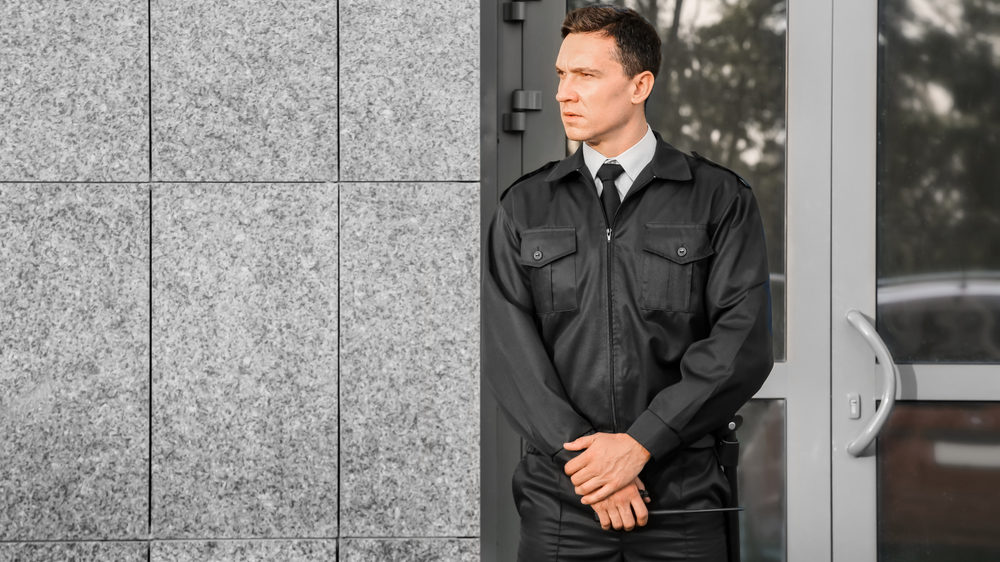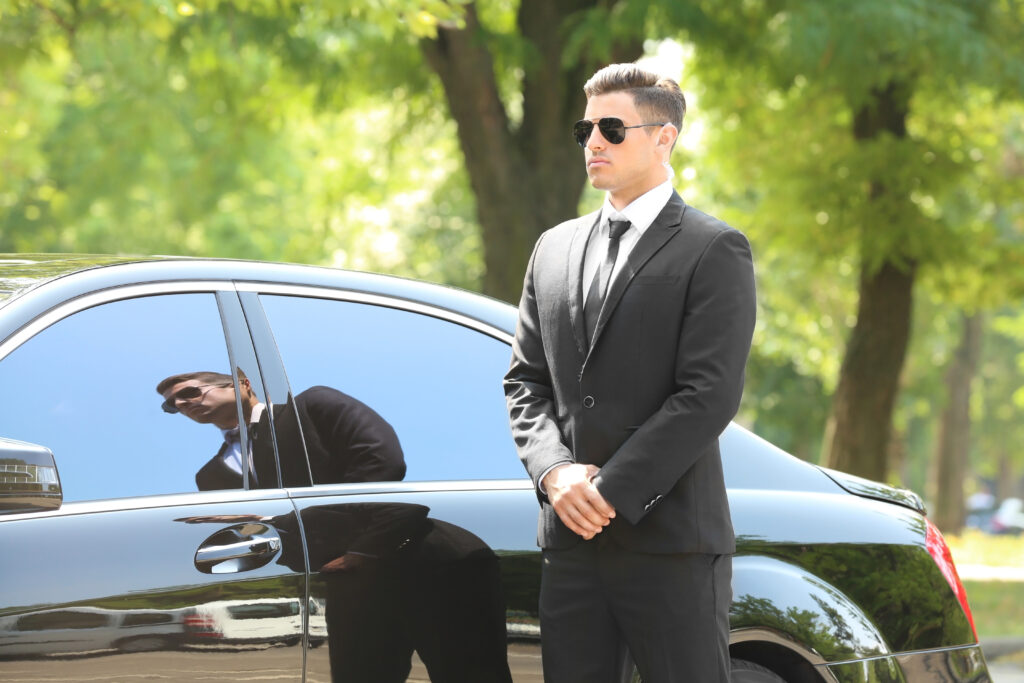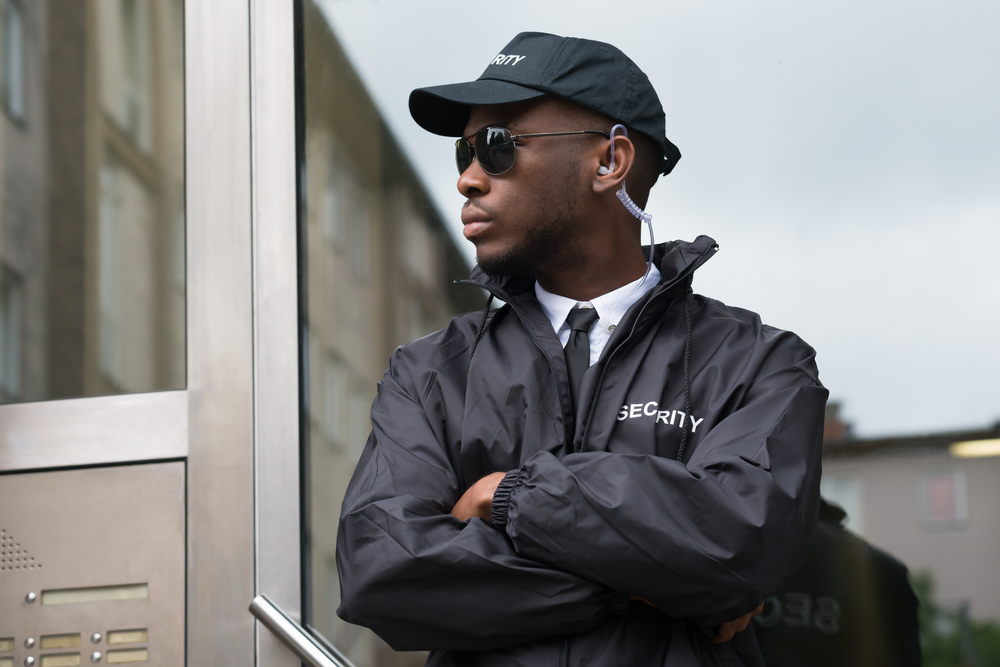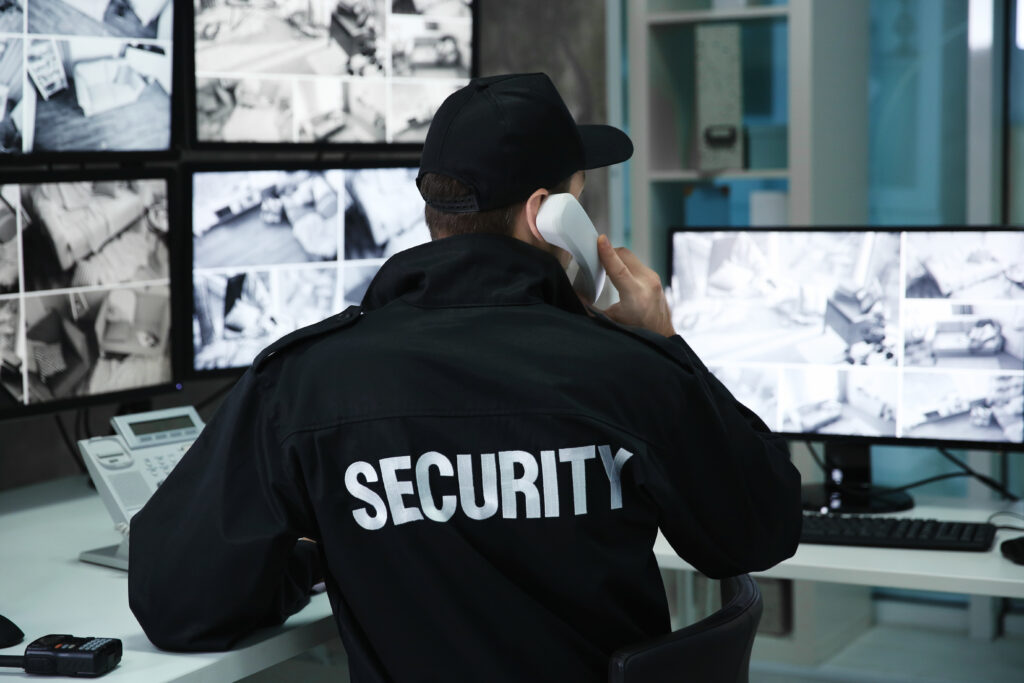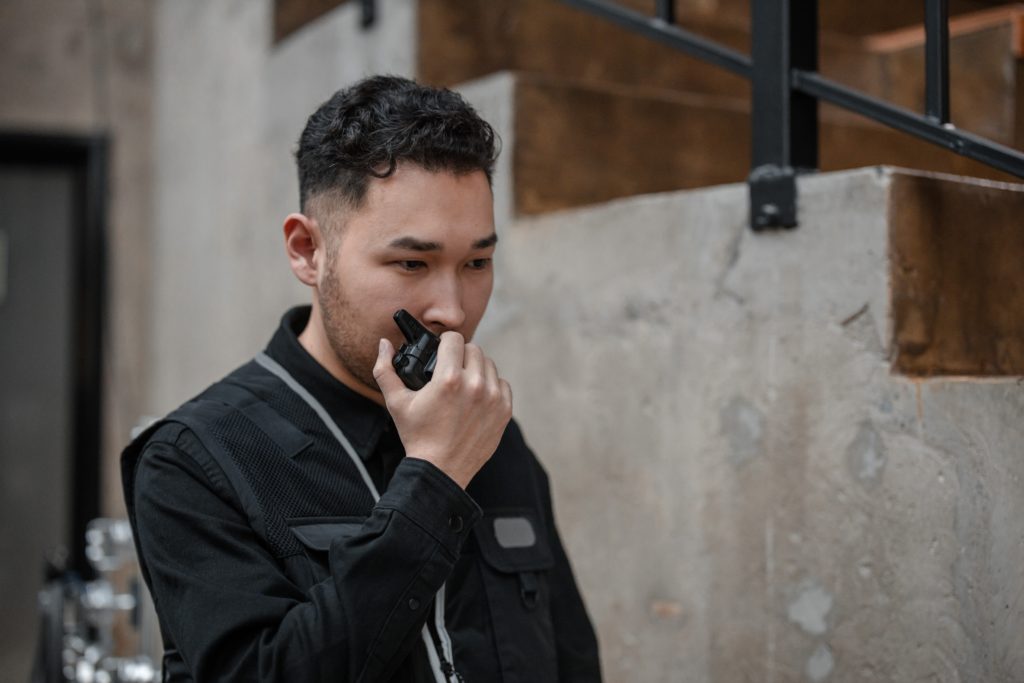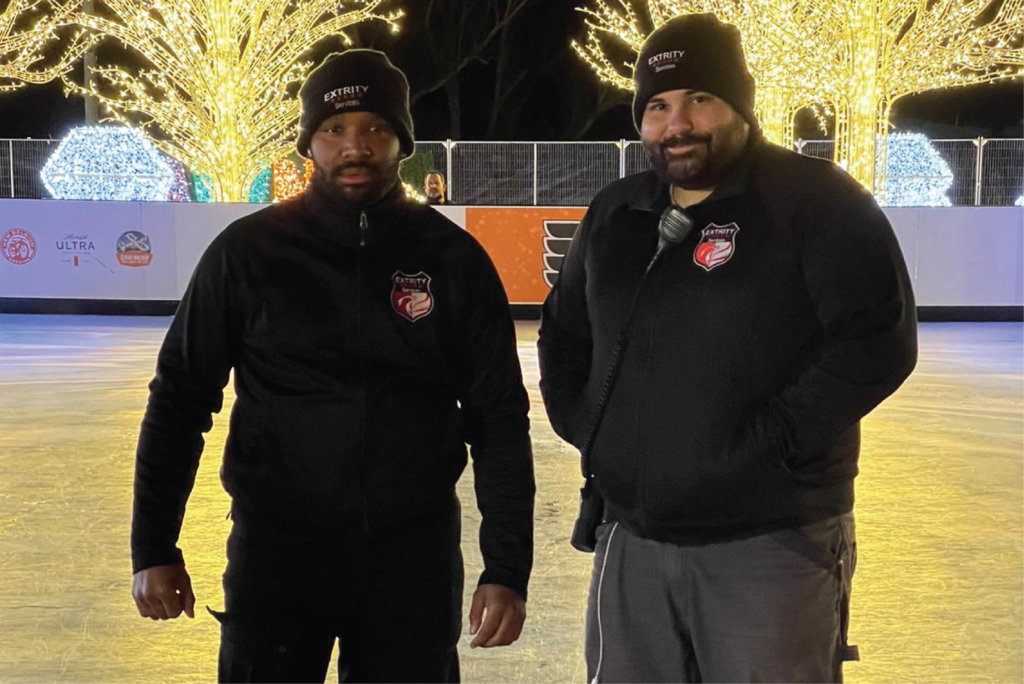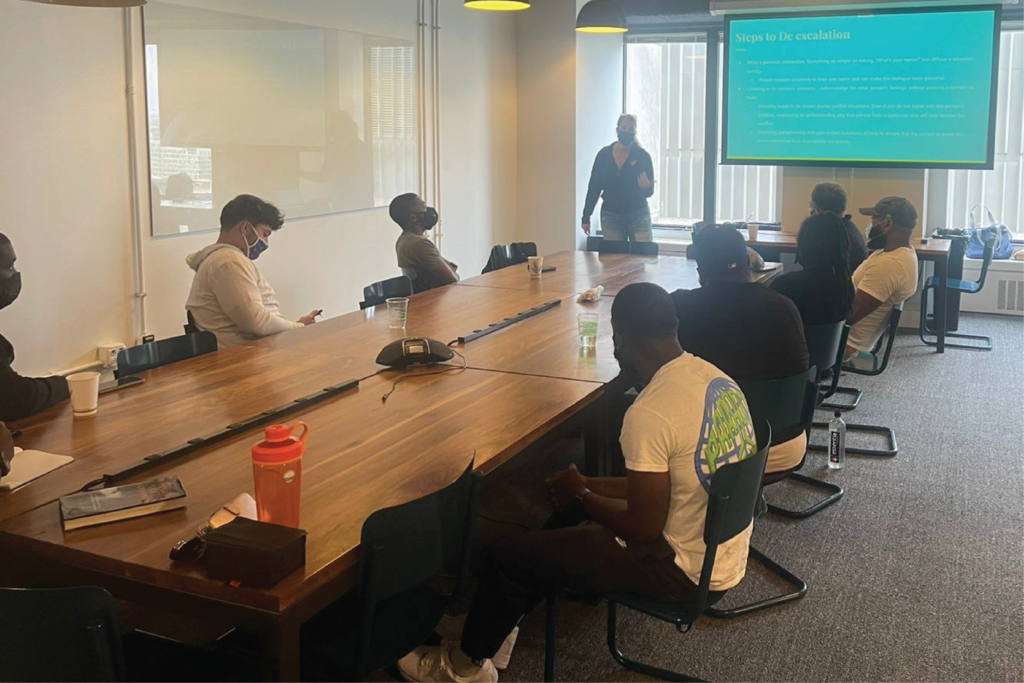When you work as a bouncer or as a private bodyguard in Philadelphia, PA, it is important to understand how to use your body language to your advantage. You must be able to communicate verbally to effectively control difficult situations. Additionally, security professionals must become experienced in allowing their body language to portray that they are in a position of control and authority. This is key during challenging situations. Your career and future depend on following some of the tactics listed below.
Proper Eye Contact
While eye contact may seem obvious and cliché when referring to body language, it plays an important role. Appropriate eye contact for security professionals is not simply a constant eye-lock with another person. It should be moderate and consistent. If you must look away, it needs to be done deliberately to not give a false sense of doubt or uncertainty. Looking away with deliberation will allow you to come off confidently.
Balancing Your Body Position
Security professionals need to always be standing tall and firm. However, it is equally important not to look stiff or statue-like. Keep your body position upright but in a relaxed manner. When a security professional stands stiff, it makes them seem on edge and as if they are lacking confidence. A balanced stance with feet planted firmly on the ground is best to offer a natural gravitational pull. This will allow you to stand longer without straining muscles.
Fluid and Smooth Movements
As a security professional, do not stand at your post looking like a statue. When you need to move around, it should be with smooth and fluid movements. This can demonstrate deliberation and control of the situation. Any sudden, jerky movements can demonstrate uneasiness and a lack of confidence in the situation.
Maintain Personal Zone
It is essential for security professionals to maintain their personal space. This can be done using a variety of techniques listed along with hand gestures. Using direct and simple hand gestures will keep your personal space maintained.
Avoid Physical Contact, If Possible
It is recommended that security professionals do not engage in any type of gratuitous touching. This includes hugs and handshakes. The only time a security professional should make physical contact is if they need to restrain someone. Touching denotes familiarity and can take away from the professionalism. Always keep your distance at a professional length and enhance it with your body language.

